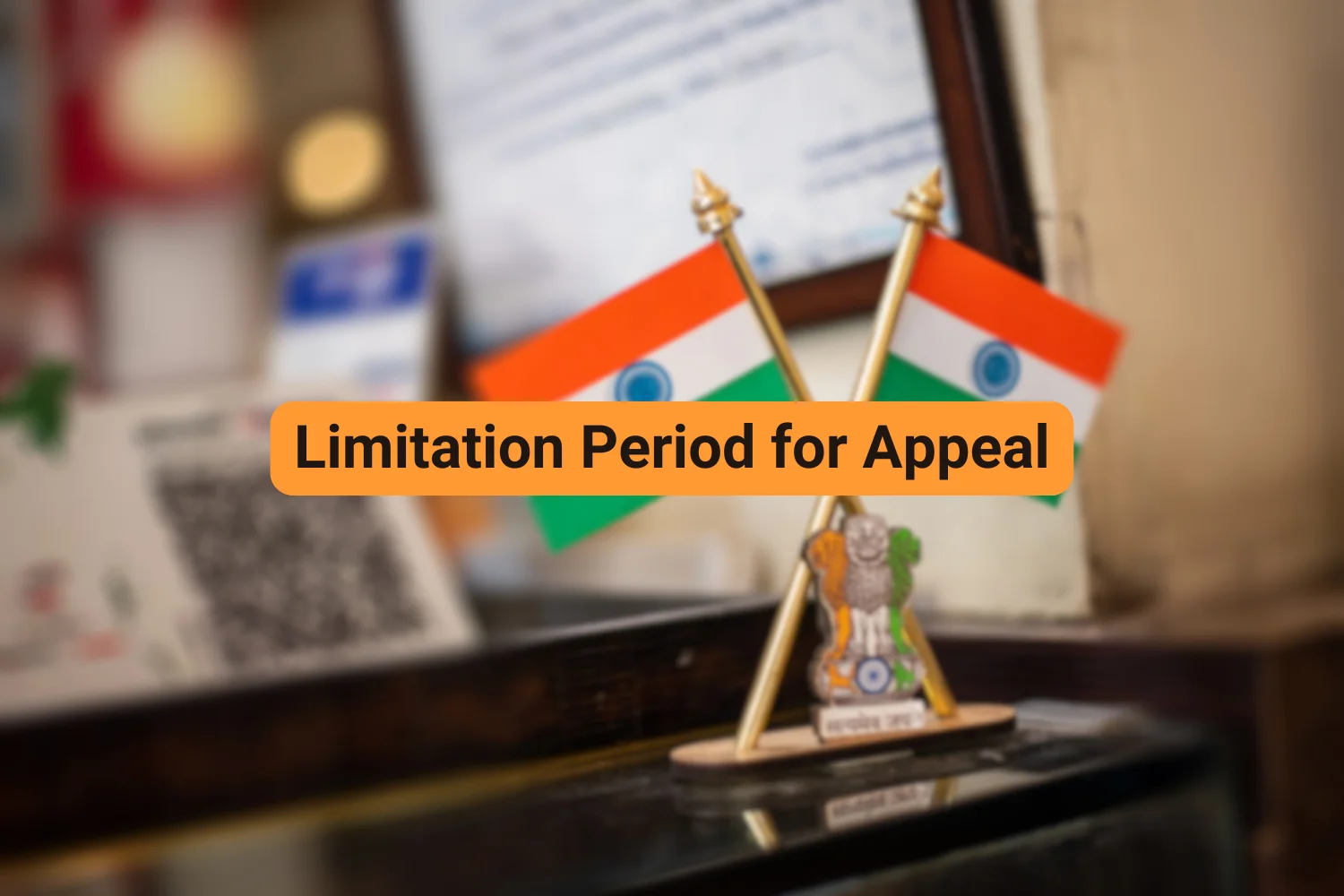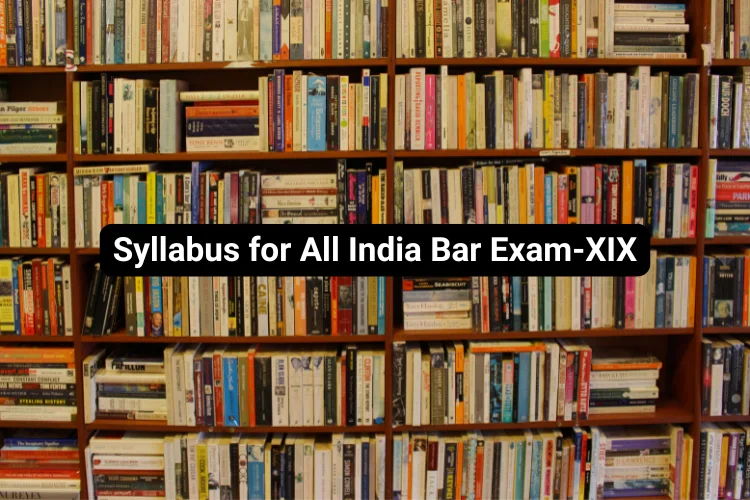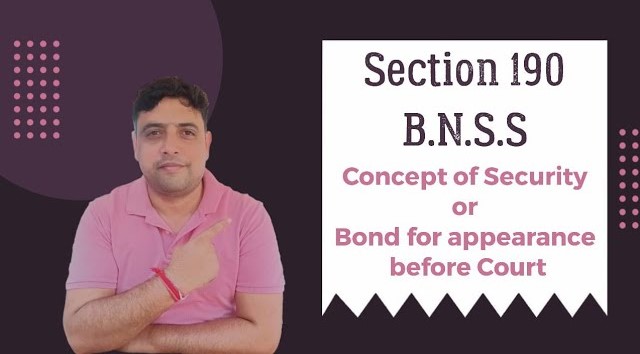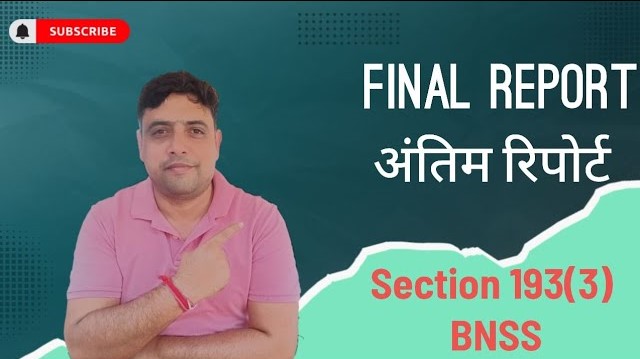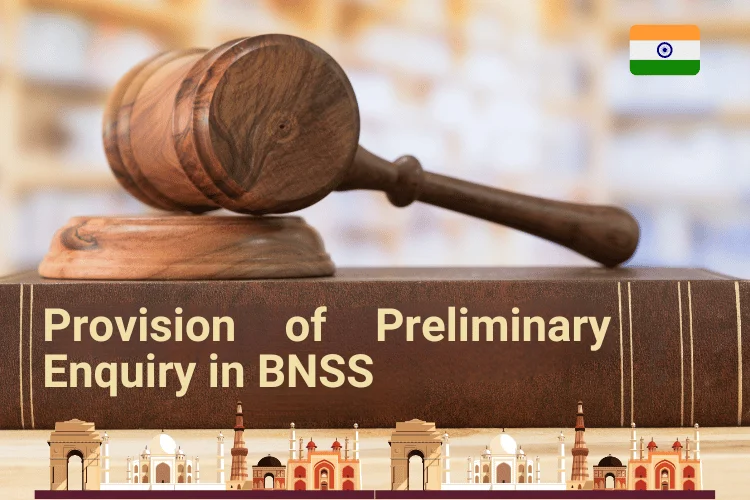INTRODUCTION
The Bar Council of India is a statutory body that regulates and represents the Indian bar. It was created by Parliament under the Advocates Act, 1961. It prescribes standards of professional conduct, etiquettes and exercises disciplinary jurisdiction over the bar. It also sets standards for legal education and grants recognition to universities whose degree in law will serve as a qualification for students to enrol themselves as advocates upon graduation.'
In addition, it performs certain representative functions by protecting the rights, privileges and interests of advocates and through the creation of funds for providing financial assistance to organize welfare schemes for them.
HISTORY
1950 - After the Constitution of India came into force on January 26, 1950, the Inter-University Board at its annual meeting held in Madras, passed a resolution stressing the need for an all-India bar and emphasising the desirability of having uniformly high standards for law examinations in different Universities of the country in view of the fact that a Supreme Court of India had been established
In May 1950, the Madras Provincial Lawyers Conference held under the presidency of Shri S. Varadachariar resolved that the Government of India should appoint a committee for the purpose of evolving a scheme for an all- India Bar and amending the Indian Bar Councils Act to bring it in conformity with the new Constitution.
On April 12, 1951, Shri Syed Mohammed Ahmad Kazmi, a Member of Parliament, proposed a bill to amend the India Bar Councils Act. The
Government of India concluded that it was necessary for the Government to sponsor the Bill. In August 1951, a Committee of Inquiry was set up to consider the feasibility of a unified Bar in India, the continuance or abolition of the dual system of counsel for each state, possibility of a separate Bar Council for the Supreme Court and the revision of enactments related to the legal profession.
FUNCTIONS OF BAR COUNCIL :
- General Functions
The Bar Council of India was established by Parliament under the Advocates Act, 1961.
The following statutory functions under Section 7 cover the Bar Council's regulatory and representative mandate for the legal profession and legal education in India:
-
- To lay down standards of professional conduct and etiquette for advocates.
- To lay down procedure to be followed by its disciplinary committee and the disciplinary committees of each State Bar Council.
- To safeguard the rights, privileges and interests of advocates.
- To promote and support law reform.
- To deal with and dispose of any matter which may be referred to it by a State Bar Council.
- To promote legal education and to lay down standards of legal education. This is done in consultation with the Universities in India imparting legal education and the State Bar Councils.
- To recognize Universities whose degree in law shall be a qualification for enrolment as an advocate. The Bar Council of India visits and
inspects Universities, or directs the State Bar Councils to visit and inspect Universities for this purpose.
-
- To conduct seminars and talks on legal topics by eminent jurists and publish journals and papers of legal interest.
- To organize legal aid to the poor.
- To recognize on a reciprocal basis, the foreign qualifications in law obtained outside India for the purpose of admission as an advocate in India.
- To manage and invest the funds of the Bar Council.
- To provide for the election of its members who shall run the Bar Councils.
II. The Bar Council of India can also receive grants, donations, and gifts for any of these purposes. With respect to the point 6, the Supreme Court has made it clear that the question of importing legal education is entrusted to the Universities in India and not to the Bar Council of India. All that the Bar Council can do is to suggest ways and means to promote suck legal education to be imparted by the Universities and for that purpose it may lay down the standards of education. Sections 7 do not entitle the Bar Council itself to frame rules laying down pre-enrolment as Advocate.
Case law :
Raveendranath Naik v. Bar Council of India 2007, the resolution passed by the Bar Council of India directing advocates not to participate in any programme organized by the Legal Services Authorities in any Lok Adalat or any legal aid programme has been held illegal and void.
- Section 7(2) of the Advocates Act provides that the Bar Council of India may constitute one or more funds in the prescribed manner for the purpose of-
- giving Finance assistance to organize welfare schemes for indigent, disabled or other advocates;
- giving legal aid or advice in accordance with the rules made in this behalf
- establishing law libraries.
OTHER FUNCTIONS AND POWERS
- Admission as advocate. –
Section 20 of the Advocates Act provides that every advocate who was entitled as of right to practice in the Supreme Court immediately before the appointed day and whose name is not entered in any State roll may, within the prescribed time, express his intention in the prescribed form to the Bar Council of India for the entry of his name in the roll of a State Bar Council and on receipt thereof the Bar Council of India shall direct that the name of such advocate shall, without payment of any fee, be entered in the role of that State Bar Council and the State Bar Council concerned shall comply with such direction. The entry in the State Roll made in the compliance with such direction shall be made in the order of seniority determined in accordance with the provisions of Section 17(3). Where an advocate omits or fails to express his intention within the prescribed time, his name shall be entered in the roll of the State Bar Council of Delhi.
Section 19 of the Advocates Act makes it clear that every State Bar Council shall send to the Bar Council of India an authenticated copy of the roll of advocates prepared by it for the first time under this Act and shall.
thereafter, communicate to the Bar Council of India all alternations in and addition to, any such roll, as soon as the same have been made.
Section 18 of the Advocates Act makes provision in respect of the transfer of name from one State roll to another. It provides that any person whose name is entered as an advocate on the roll of any State Bar Council may make an application in the prescribed form to the Bar Council of India for the transfer of his name from the roll of that State Bar Council to the roll of any other State Bar Council and on receipt of any such application, the Bar Council of India shall direct that the name of such person shall, without the payment of any fee, be removed from the roll of the first-mentioned State Bar Council and entered in the roll of the other State Bar Council and the State Bar Councils concerned shall comply the such direction.
- Appointment of Committee and Staff-members. –
Section 9 of the Advocates Act empowers a Bar Council to appoint disciplinary committees. It shall constitute one or more disciplinary committees each of which shall consist of three persons of whom two shall be persons elected by the Council from amongst its member and the other shall be a person co-opted by the Council from amongst advocates who possess the qualifications specified in the proviso to sub-section (2) of Section 3 of the Act and who are not members of the Council and the senior most advocates amongst the members of a disciplinary committee shall be the Chairman thereof.
Section 9-A of the Advocates Act empowers a Bar Council to appoint one or more legal aid committees. Each committee shall convert of such number of members not exceeding nine but not less than five as may be prescribed. The qualifications. the method of selection and the term of office of the members of such committee shall be such as may be prescribed.
Section 10(1) makes provisions In respect of constitution of Standing Committees by a State Bar Council. Besides, Section 10(2) of the Advocates Act requires the Bar Council of India to constitute the following committees:
-
- an executive committee consisting of nine members elected by the Council from amongst its members;
- a legal education committee consisting of ten members, of whom five shall be persons elected by the Council from amongst its members and five shall be persons co-opted by the Council who are not members thereof.
Section 11 of the Advocates Act requires every Bar Council to appoint a secretary. It also empowers the Bar Council to appoint an accountant and such member of other persons on its staff as it may deem necessary.
- Maintenance of account, etc.-
According to Section 12 of the Advocate; Act every Bar Council shall cause to be maintained such books of mum and other books in such form and in such manner as may be prescribed. The account shall be audited by auditors duly qualified to act as auditors of companies under the Companies Act, 1956 at such times and in such manner as may be prescribed.
- Rule-making power.-
A Bar Council may make rules under the provisions of Section 15 of the Advocates Act. Sub-section (2) of Section 15 of the Act provides that in particular and without prejudice to the generality of the foregoing power, such rules may provide for-
-
- The election of members of the Bar Council by secret ballot including the conditions subject to which persons can exercise the right to vote by postal ballot, the preparation and revision of electoral rolls and the manner in which the results of election shall he published.
-
- The manner of election of the Chairman and the Vice-Chairman of the Bar Council;
- The manner in which and the authority by which, doubts and disputes as to the validity of an election to the Bar Council or to the office of the Chairman or Vice-Chairman shall be finally decided;
- The filling of casual vacancies in the Bar Council;
- The powers and duties of the Chairman and the Vice-Chairman of the Bar Council;
- The constitution of one or more funds by a Bar Council for the purpose of giving financial assistance or giving legal aid or advice referred to in Section 6(2) and Section 7(1) of the Advocates Act;
- Organization of legal aid and advice to the poor. constitution and function of committees and sub-committees for that purpose and description of proceedings in connection with which legal aid or advice may be given;
- The summoning and holding of meetings of the Bar Council, the conduct of business thereat and the number of members necessary to constitute a quorum;
- The constitution and functions of any committee of the Bar Council and the terms of office of members of any such Committees:
- The summoning and holding of meetings, the conduct of business of any such committee and the number of members necessary to constitute a quorum;
- The qualifications and the conditions, of service of the secretary, the accountant and other employees of the Bar Council;
- The maintenance of books of accounts and other books by the Bar Council;
- The appointment of auditors and the audit of the accounts of the Bar Council;
- The management and investment of the funds of the Bar Council.
Section 49 of the Advocates Art confers on the Bar Council of India general power to make rules. It provides that the Bar Council of India may make rules for discharging its furictions under this Act and in particular, such rules may prescribe-
- The conditions subject to which an advocate may be entitled to vote at an election to the State Bar Council including the qualifications or disqualifications of voters and the manner in which an electoral roll of voters may be prepared and revised by a State Bar Council;
- Qualifications for membership of a Bar Council and the disqualification for such membership;
- The time within which and the manner in which effect may be given to the proviso to section 3(2).
CONCLUSION: The Bar Councils are rejoined with the duty to act as spotter of professional conduct and must ensure that the dignity and purity of the profession ethics are in no way undermined. Its job is to uphold the standards of professional conduct and etiquette. Thus every State Bar Council of India has a public duty to perform, namely, to ensure that the monopoly of practice granted under the Act is not misused or abused by a person who is enrolled as an advocate. By serving the system of administration of justice i.e., service to mankind.
Finally, Be the Change that You want to see in the World.







